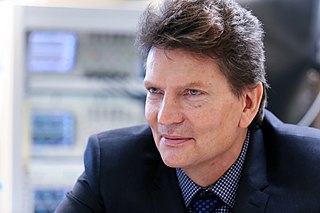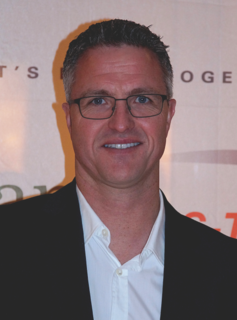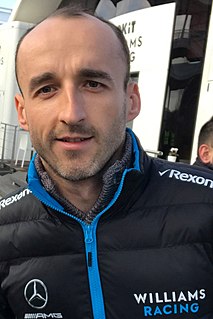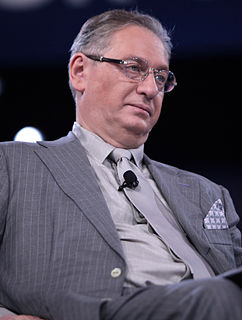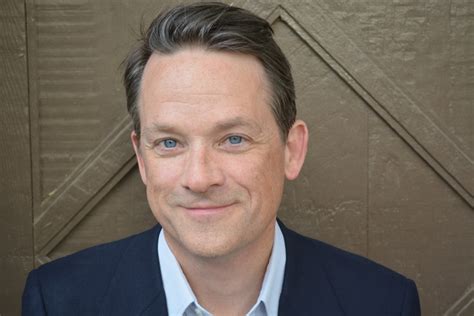A Quote by Thomas R. Insel
Neuroscientists talk a lot about brain circuits. In fact, the word 'circuit' is probably misleading. We do not know where most circuits begin and end. And unlike an electrical circuit, brain connections are heavily reciprocal and recursive, so that a direction of information flow can be inferred but sometimes not proven.
Related Quotes
As work in neurosciences indicates, the acquisition of literacy necessitated a new circuit in our species' brain more than 6,000 years ago. That circuit evolved from a very simple mechanism for decoding basic information, like the number of goats in one's herd, to the present, highly elaborated reading brain.
I would argue that if you understand how the cells of the brain are organized into circuits, almost computational circuits if you will, and we see how information flows through those circuits and how it's transformed, we might have a much firmer grasp on why our brains make decisions the way that they do. If we get a handle on that, maybe we can overcome some of our limitations and at the very least we'll understand why we do what we do.
Autism is a neurological disorder. It's not caused by bad parenting. It's caused by, you know, abnormal development in the brain. The emotional circuits in the brain are abnormal. And there also are differences in the white matter, which is the brain's computer cables that hook up the different brain departments.
I do believe that when we're in the process of dying, that all these emergency circuits in the brain take over. I base what I'm saying not on any empirical evidence. I think it's very possible that when you're dying, these circuits open up, which would explain this whole white-light phenomena - when people clinically die and they see their relatives and stuff and say, "Hello, it's great to see you."
Everyone uses the brain at every moment, but we use it unconsciously. We let it run in the background without realizing the power we have to reshape the brain. When you begin to exercise your power, the everyday brain, which we call the baseline brain, starts to move in the direction of super brain.
When confronted with information streaming from the eyes, the brain will interpret this information in the quickest and most efficient way possible. Time is energy. The longer the brain spends performing some calculation, the more energy it consumes. Considering the brain runs on about 40 watts of power (a lightbulb!), it doesn't have a lot of energy to spare.




